University of California San Francisco
-
-
The Disappointing Truth About Antibody Testing
-
2 UCSF Faculty to Lead New Research Institutes
Two UCSF faculty will lead the new institutes.

-
Resilience to ALS Due to Synaptic Safety Mechanism
UCSF researchers have identified a powerful self-corrective mechanism within synapses that is activated by neurodegeneration and acts to slow down disease progression in animal models of ALS.
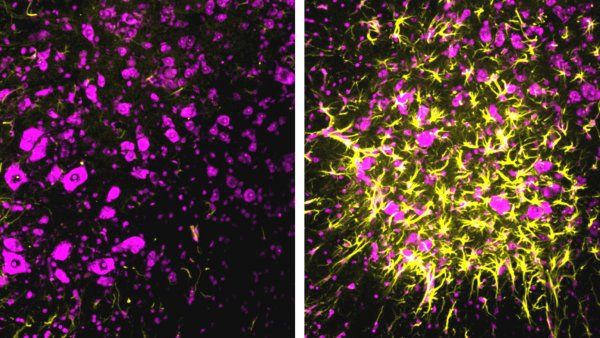
-
How The Novel Coronavirus Hijacks Our Defenses
-
Respiratory Infections May Drive Puerto Rico’s High Asthma Burden
New research confirmed the higher rates of early life respiratory infections among Puerto Ricans.
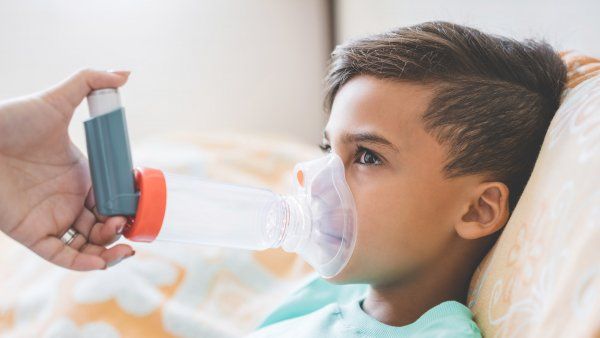
-
UC Hospitals Gradually Resume Essential Services Based on 10 Principles
The University of California’s hospitals announced a gradual resumption of essential services at all five medical centers across the state.
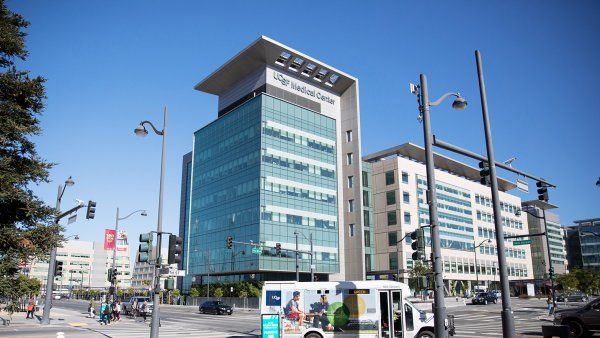
-
UCSF Study Finds 2 Percent Positive Rate for Coronavirus in Mission District
-
Initial Results of Mission District COVID-19 Testing Announced
The testing was conducted by Unidos En Salud, a unique partnership between Mission community organizers in the Latino Task Force for COVID-19, UCSF researchers, the City and County of San Francisco, and the San Francisco Department of Public Health.
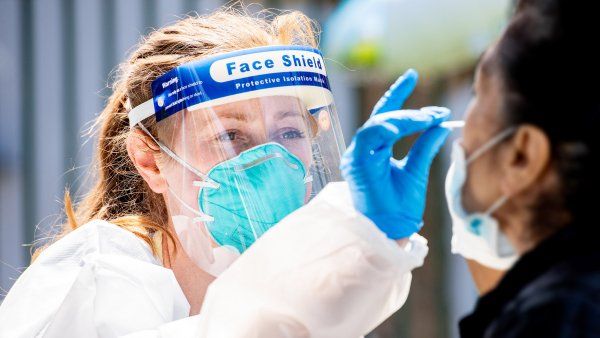
-
UCSF Partners with State to Develop Public Health Workforce for COVID-19 Response
UCSF is launching a workforce training and technical assistance program in partnership with the California Department of Public Health to facilitate the training of thousands of individuals across the state in public health techniques and strategies, including contact tracing, case investigation and administration, to limit the ongoing spread of COVID-19.

-
Flipping A Genetic Switch on Cells Lets Researchers Boost or Suppress Immune Responses
Cancer and autoimmune diseases, such as rheumatoid arthritis and multiple sclerosis, might not seem to have much in common, but some researchers now are pinning hopes on the same immune system cell –
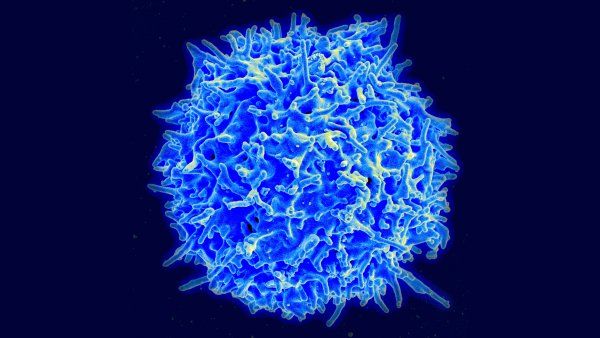
-
Chasing a Killer: Inside a UCSF Lab's Urgent, Unprecedented Effort to Decode and Destroy the Deadly Coronavirus
-
Striking Down DACA Would Eliminate Thousands of Health Care Workers, Thwarting America's Pandemic Response
-
What is ‘Covid Toe’? Maybe a Strange Sign of Coronavirus Infection
-
Bolinas COVID-19 Testing Effort Detects No Active Infections
A community-led project to provide comprehensive COVID-19 testing to residents, essential workers, and first responders in the town of Bolinas has determined that all of the 1,845 nasal and oral swab tests conducted in the community between April 20 and April 24 were negative for active infection with the novel coronavirus SARS-CoV-2, which causes COVID-19.
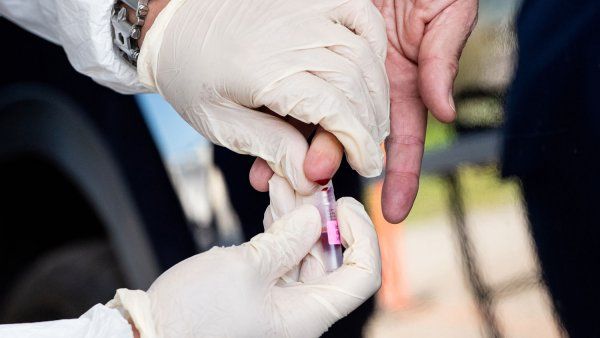
-
Old Drugs May Find a New Purpose: Fighting the Coronavirus
-
Nature Publication Presents New ‘Blueprint’ Revealing How SARS-CoV-2 Virus Hijacks Human Cells
An international team of more than 120 scientists has detailed the impact of 75 over-the-counter prescription and development-stage drug compounds on SARS-CoV-2, the virus that causes COVID-19.
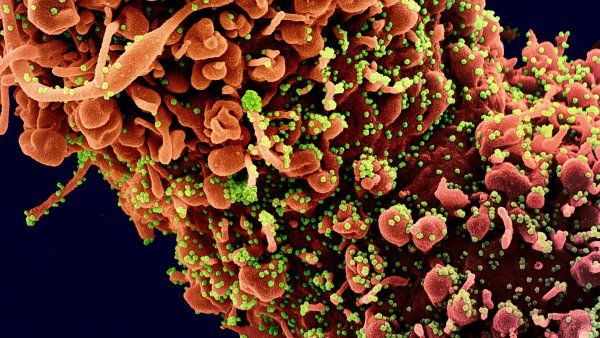
-
Experts Explain How Contact Tracing Will End the Coronavirus Pandemic
To ramp up contact tracing for COVID-19 in San Francisco, UCSF has been partnering with the San Francisco Department of Public Health (SFDPH) to provide technical assistance, training and manpower.

-
Bay Area COVID-19 Testing Initiative to Assess Impact, Guide Safe Reopening of California Economy
A new large-scale, long-term research collaboration aims to better understand the spread of COVID-19 across the San Francisco Bay Area.
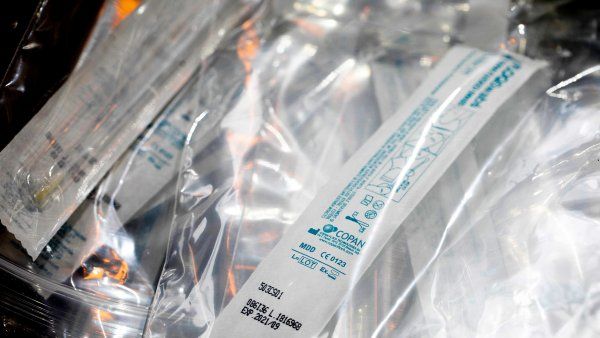
-
UCSF Health Re-Opens Mount Zion Hospital for Inpatient Care
Paramedics transport a mock patient into UCSF’s Mount Zion medical center during a drill. Photo by Noah Berger UCSF Health has opened 13 acute- and critical-care beds at its Mount Zion hospital as
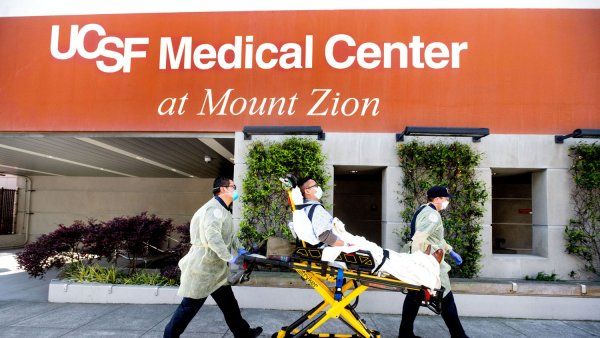
-
Two UCSF Faculty Elected to National Academy of Sciences in 2020
The two from UCSF are among 120 new members elected to the Academy in 2020.
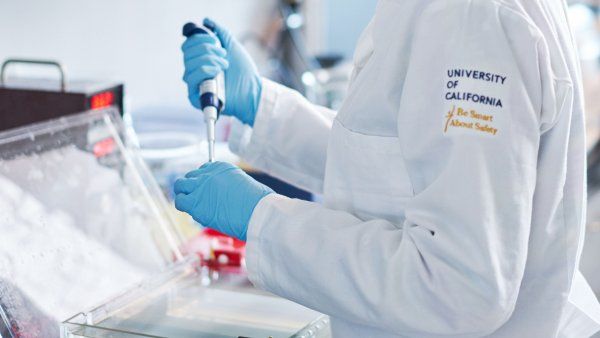
-
Elena Fuentes-Afflick Elected to American Academy of Arts and Sciences
UCSF pediatrician and epidemiologist, Elena Fuentes-Afflick, MD, MPH, has been elected to the American Academy of Arts and Sciences, which honors exceptional scholars, leaders, artists and innovators. Fuentes-Afflick’s research has focused on the issues of acculturation, immigrant health and health disparities.
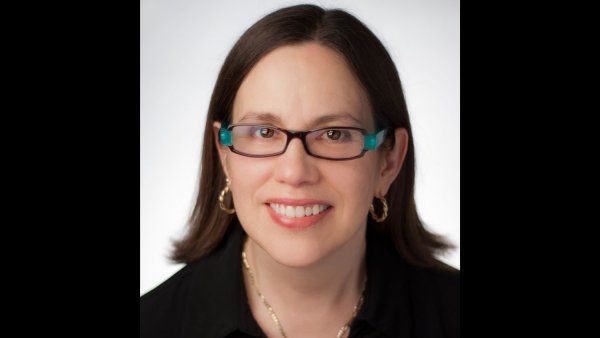
-
Testing the Tests: COVID-19 Antibody Assays Scrutinized for Accuracy by UCSF, UC Berkeley Researchers
A project launched by UC San Francisco and UC Berkeley scientists evaluated some of the more than 120 available antibody test kits.
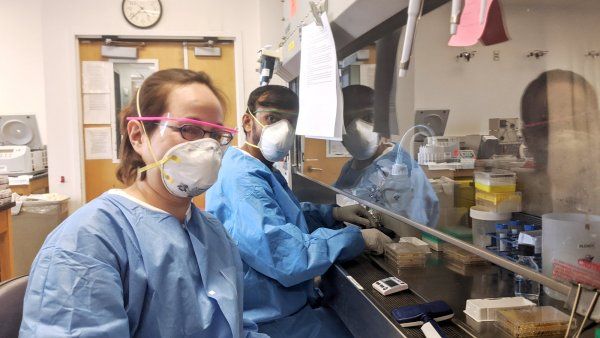
-
Has Coronavirus Been in California Since the Fall? Researchers Investigate
-
Coronavirus Antibody Tests: Can You Trust the Results?
-
BRIDGE Tool Helps to Bring Precision Medicine Into the Clinic
BRIDGE is an interface available to physicians during their encounter with patients.
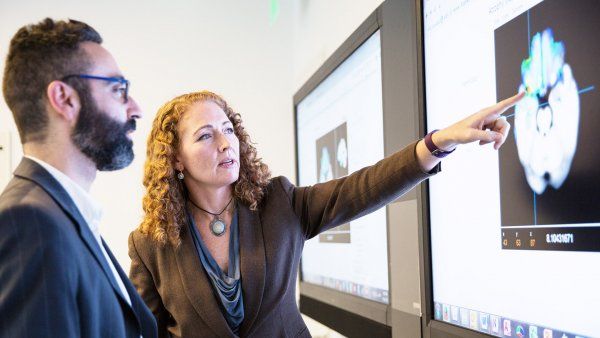
-
Two Drugs Studied in Bay Area Could Lessen Coronavirus Deaths, Hospitalizations
-
The Promise and Uncertainties of Antibody Testing for Coronavirus
As people around the world try to envision recovery from the COVID-19 pandemic, much attention has been paid to antibody testing as a way to identify people who have developed immunity to the virus. UCSF experts explain how antibody testing works, who it can be most useful for and why we should be cautious.
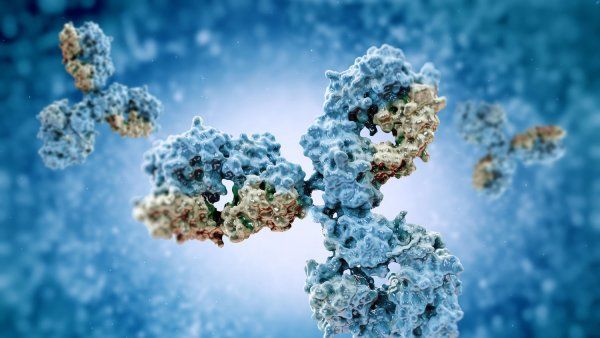
-
‘Designer Virus’ is First New Polio Vaccine in 50 Years
A UCSF researcher is among the team that announced promising Phase 1 clinical results for the first new oral polio vaccine in 50 years.
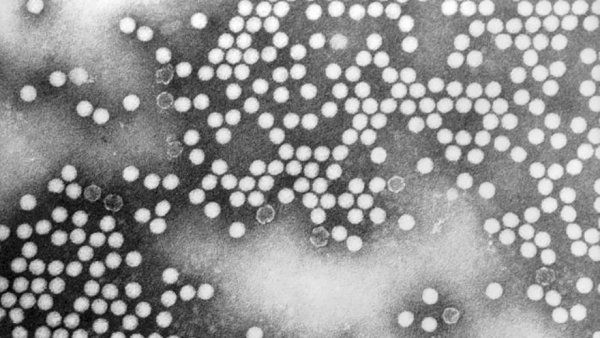
-
UCSF School of Pharmacy Faculty Member Describes Being a COVID-19 Patient
Marilyn Stebbins, a UCSF School of Pharmacy faculty member, shares a firsthand account of being a COVID-19 patient.

